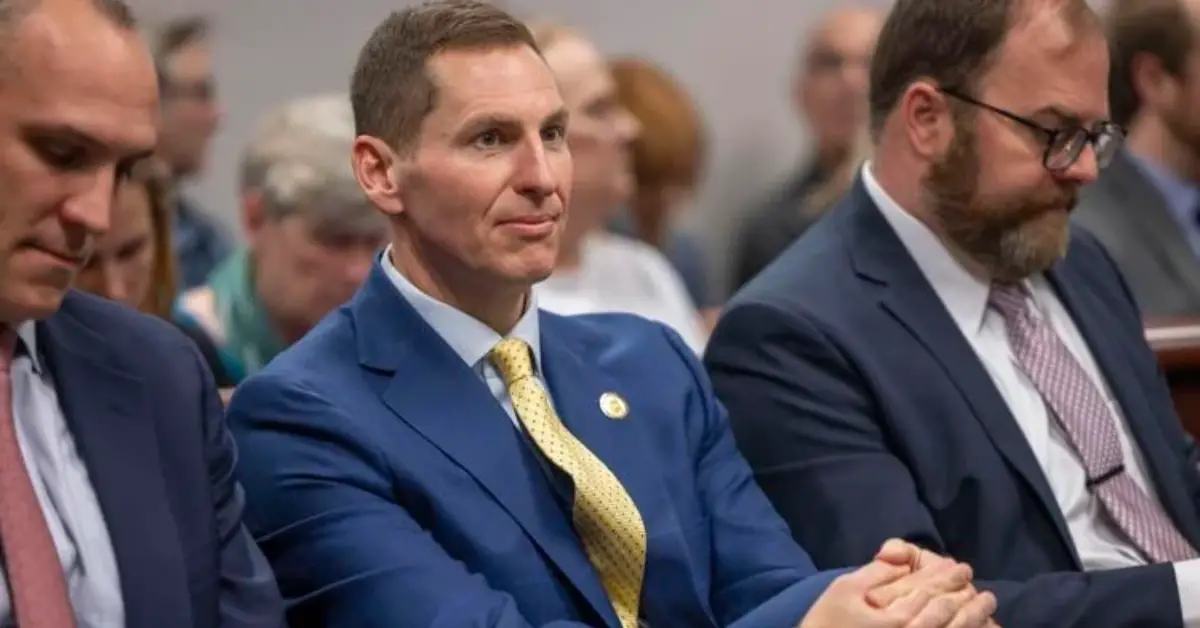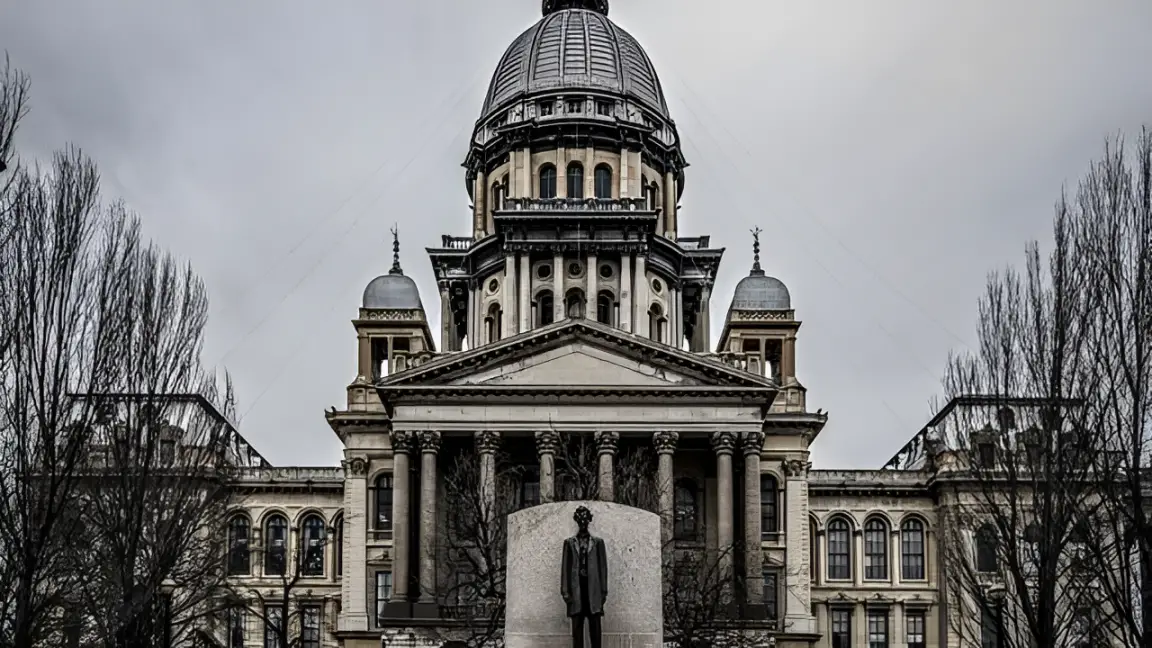A North Carolina trial judge ruled on Friday to uphold the decision by state election officials to reject protests from Republican candidate Jefferson Griffin in the highly contested N.C. Supreme Court election. Despite Griffin’s legal efforts to challenge thousands of ballots, Democratic Associate Justice Allison Riggs maintains a 734-vote lead after more than 5.5 million ballots were cast and two recounts were conducted.
N.C. Superior Court Judge William Pittman issued three one-page orders affirming the December decision by the N.C. State Board of Elections. The ruling came just hours after hearing arguments from lawyers representing Riggs, Griffin, and the state elections board. This marks another step in a complicated legal battle over the race, one of the few still unresolved from the general election.
Griffin, currently a judge on the N.C. Court of Appeals had filed protests contesting around 66,000 ballots. He argued that the state board failed to follow election laws and constitutional requirements when it counted votes from certain groups of voters. Griffin’s attorneys are seeking to have those ballots removed from the tally, which they believe would give him the lead.
Judge Pittman’s brief ruling did not provide extensive details but stated that the board’s decision was legally sound. “The Court concludes as a matter of law that the Board’s decision was not in violation of constitutional provisions, was not in excess of statutory authority or jurisdiction of the agency, was made upon lawful procedure, and was not affected by other error of law,” Pittman wrote in his order.
The legal fight has extended into both state and federal courts. Earlier this week, the 4th U.S. Circuit Court of Appeals ruled that the matter should be addressed in state court, as both parties presented conflicting interpretations of North Carolina election laws. While Pittman’s ruling favours Riggs, Griffin’s campaign has already confirmed plans to appeal.
Riggs responded to the ruling by calling it “a victory for North Carolina voters and the rule of law.” Griffin’s campaign spokesperson, Paul Shumaker, said an appeal will follow, likely bringing the case to the N.C. Supreme Court. However, since Riggs is a candidate in the race, she is expected to recuse herself from any court deliberations, leaving the decision to the remaining justices, the majority of whom are Republicans.
The 4th Circuit opinion also noted that if the state court rules in Griffin’s favor, Riggs could take the case back to federal court under election and voting rights laws.
Supporters of Riggs, including top Democrats and voters whose ballots are being challenged, have strongly criticized Griffin’s efforts. They argue that attempting to disqualify eligible voters is an attack on the democratic process.
“North Carolina law and North Carolina courts have the power to protect democracy and the rights of the voters of this state,” said Ray Bennett, Riggs’ attorney. “North Carolina law also flatly rejects what Judge Griffin is trying to do here.”
The contested ballots include about 60,000 votes from individuals whose voter registration records lacked a driver’s license number or the last four digits of a Social Security number. A 2004 law directed election officials to collect this information, but Griffin’s attorneys argue that the state board failed to ensure proper registration procedures.
The board’s attorneys countered that there are legitimate reasons why this information might be missing, and a legal affidavit stated that about half of those registrants had, in fact, provided the required numbers.

Griffin is also challenging ballots from overseas voters who have never lived in the U.S. and military or overseas voters who did not submit a copy of their photo identification with their ballots. “The legislature never intended to exempt overseas voters from providing photo ID, and it makes sense for the legislature to have imposed photo ID on everyone voting in the state,” Griffin attorney Troy Shelton argued.
Lawyers for Riggs and the elections board maintained that both state and federal laws do not require military and overseas voters to provide photo identification. They also pointed out procedural flaws in Griffin’s case, noting that the elections board had ruled in December that Griffin failed to provide proper legal notice to voters whose ballots he challenged.
Both Griffin and Riggs were present for Friday’s court hearing. Afterwards, civil rights groups held a news conference on the courthouse steps, where several voters whose ballots were challenged spoke out. “No one should be turning a blind eye to this because, at any moment, it could be your vote, your candidate, your values that are on the line,” said Rachel Arnold, a voter from Guilford County.
The legal battle over the election is expected to continue as the appeal process unfolds. With high stakes in one of the nation’s closest and most scrutinized races, North Carolina voters remain at the centre of the debate over election laws and voter rights.
Disclaimer: This article has been meticulously fact-checked by our team to ensure accuracy and uphold transparency. We strive to deliver trustworthy and dependable content to our readers.




